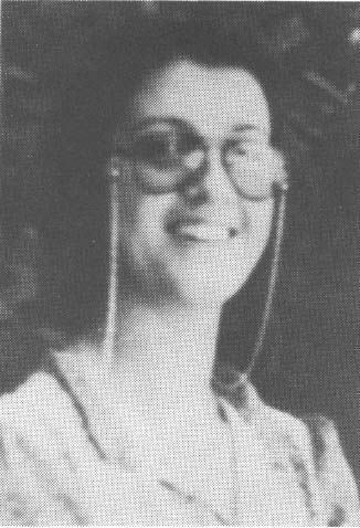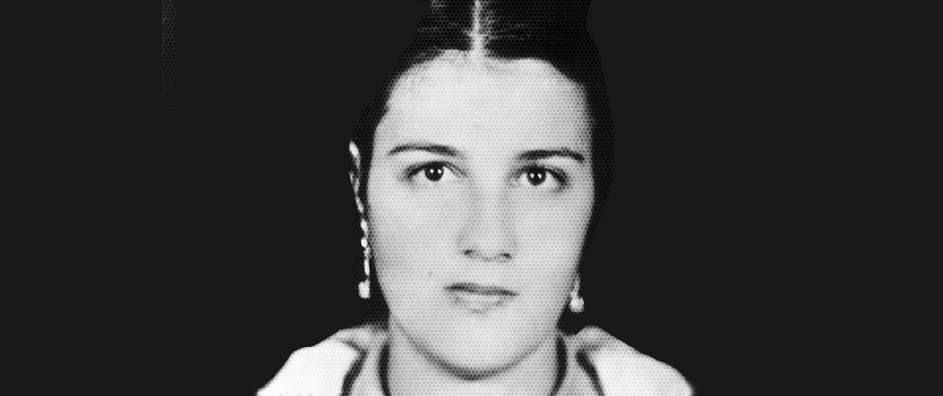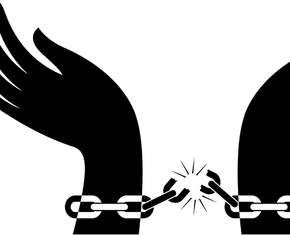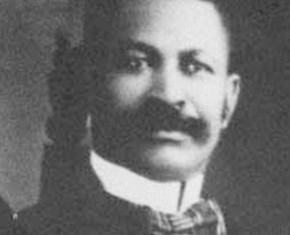The views expressed in our content reflect individual perspectives and do not represent the authoritative views of the Baha'i Faith.
The light of the indwelling spirit in each of the ten executed Baha’i women continues to shine resplendent, even after their deaths.
When they were prisoners, it shone so strong that even the darkness of the prison and those who ran it could not dim it’s radiance:
Every soul may seek everlasting life through the breath of the Merciful. Life in this mortal world will quickly come to an end, and this earthly glory, wealth, comfort and happiness will soon vanish and be no more. Summon ye the people to God and call the souls to the manners and conduct of the Supreme Concourse. To the orphans be ye kind fathers, and to the unfortunate a refuge and shelter. To the poor be a treasure of wealth, and to the sick a remedy and healing. Be a helper of every oppressed one, the protector of every destitute one, be ye ever mindful to serve any soul of mankind. Attach no importance to self-seeking, rejection, arrogance, oppression and enmity. Heed them not. Deal in the contrary way. Be kind in truth, not only in appearance and outwardly. Every soul of the friends of God must concentrate his mind on this, that he may manifest the mercy of God and the bounty of the Forgiving One. He must do good to every soul whom he encounters, and render benefit to him, becoming the cause of improving the morals and correcting the thoughts so that the light of guidance may shine forth and the bounty of His Holiness the Merciful One may encompass. Love is light in whatsoever house it may shine and enmity is darkness in whatsoever abode it dwell.
O friends of God! Strive ye so that this darkness may be utterly dispelled and the Hidden Mystery may be revealed and the realities of things made evident and manifest. – Abdu’l-Baha, Star of the West, Volume 6, p. 134.

Simin Sabiri
Today, let’s meet another of these shining lights. Cheerful and loveable, Simin Sabiri was born into a large family with eleven children. Only 24 when she wore the necklace of rope that freed her spirit, she was the youngest of five children from her father’s second marriage. Simin had six step-siblings from his first marriage, which ended with the untimely passing of his wife. Simin’s father, who came from a Muslim background, and her mother from a Jewish one, found a common faith as Baha’is.
Simin studied at secretarial college and then found work with an agricultural firm. But she and her family had to flee when, in November of 1978, many Baha’is were forced from their homes by marauding mobs seeking to drive them out. Relatives managed to make room for Simin’s big family.
Simin’s arrest came on October 26, 1982. Like all the others, she had done nothing to deserve her imprisonment—other than being a Baha’i and believing in the oneness of humanity.
Fearless in front of her interrogators, she was outspoken about her Baha’i activities and dared to lecture them about the validity of the teachings of Baha’u’llah. In jail she was known to be strong and resilient and never to have expressed sadness. Her strength amazed her fellow prisoners:
… in the proportion that the human body is weak, the spirit of man is strong. It can control natural phenomena; it is a supernatural power which transcends all contingent beings. It has immortal life, which nothing can destroy or pervert. If all the kingdoms of life arise against the immortal spirit of man and seek its destruction, this immortal spirit, singly and alone, can withstand their attacks in fearless firmness and resolution because it is indestructible and empowered with supreme natural virtues. – Abdu’l-Baha, The Promulgation of Universal Peace, p. 263.
Simin attempted to be a source of comfort to the all of the other women prisoners. A Baha’i imprisoned with her wrote:
Simin was radiant, courageous and swift-thinking. Her whole being was suffused with love of Baha’u’llah, and she had a happy and smiling face. Even in prison she did not stop smiling. She was a symbol of absolute detachment, a true lover of the spiritual path and aflame with a desire to serve the Cause of God. – Persecution of the Baha’i Community of Iran, 1983-1986, compiled on behalf of the Universal House of Justice, in Baha’i World, Volume 19, p. 185.
Simin told others in the prison:
It is not important how they treat us here, but what is important is that our interrogators realize the goal of the Baha’i Faith and its administrative order. We have unveiled the nature of the Baha’i administrative order and introduced and proclaimed the Faith. It is important that the truth is being made known to judges all across Iran in order that they might understand that the Baha’i Faith is a religion, not a political movement. – Ibid.
“Don’t expect that I shall be allowed to leave here,” she warned her mother on one occasion. She always pleaded with her family to recognize that she was content with the will of God and prayed that they would be able to reconcile themselves to separation from her.
Simin, fearless and cheerful to the end of her earthly life, brought happiness, radiance and courage into that dark prison.
You May Also Like
Comments

















For that refusal, she had to pay the price with her life.
This is yet another of countless blots against Islam committed by so many Muslims in Iran. What a shame---and a penalty that will be dealt to the cowards who would stoop so low ...as to execute a woman. Even a Kaffir, as defined by the Prophet Muhammad, wouldn't show such an affront to Allah.
In the paragraph that starts with "Simin studied in ......I think the last sentence meant to be "Relatives managed to make room for Simin's (not Shirin’s) big family.
Once again thank you.
Baha-u-llah = HAPPINESS.